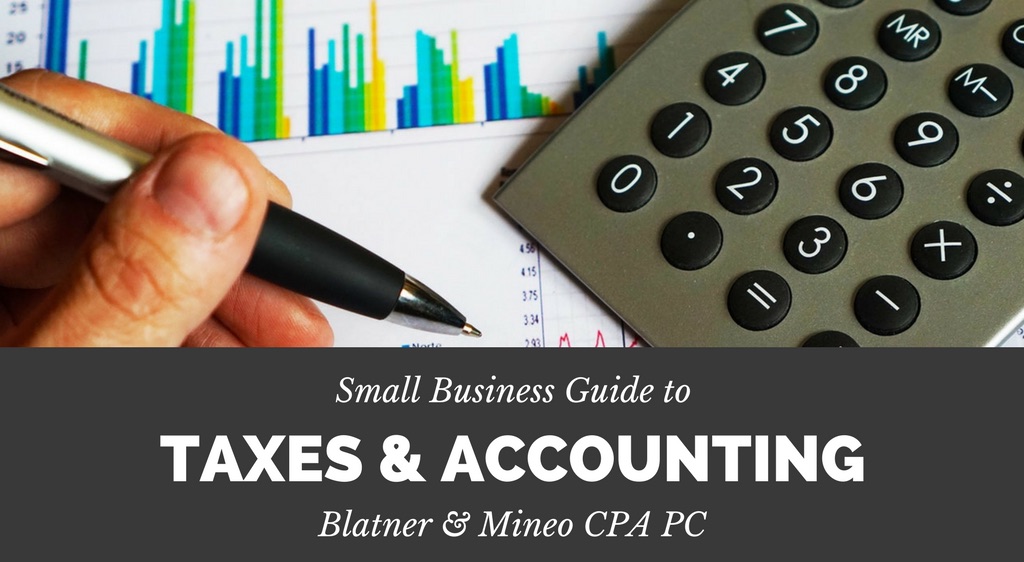
Expenses are recognized when they are paid for. In cash-based, you recognize revenue when you receive cash into your business.

The next step is choosing between a cash or accrual basis for your bookkeeping. This decision will depend on when your business recognizes its revenue and expenses. Using the double-entry method for bookkeeping makes more sense if your business is large, public, or buys and sells on credit. Enterprises often choose the double-entry system because it leaves less room for error. In a way, it ‘double-checks’ your books because each transaction is recorded as two matching but offsetting accounts. Double-entry bookkeepingĭouble-entry bookkeeping is more robust. It follows the principle that every transaction affects at least two accounts, and they are recorded as debits and credits. For example, if you make a sale for $10, your cash account will be debited for $10 and your sales account will be credited by the same amount. In the double-entry system, the total credits must always equal the total debits. When this happens, your books are “balanced.”

Single-entry bookkeeping is a straightforward method where one entry is made for each transaction in your books. These transactions are usually maintained in a cash book to track incoming revenue and outgoing expenses. You do not need formal accounting training for the single-entry system. The single-entry method will suit small private companies and sole proprietorships that do not buy or sell on credit, own little to no physical assets, and hold small amounts of inventory. With this in mind, let’s break these methods down so you can find the right one for your business. Methods of bookkeepingīefore you begin bookkeeping, your business must decide what method you are going to follow. When choosing, consider the volume of daily transactions your business has and the amount of revenue you earn. If you are a small business, a complex bookkeeping method designed for enterprises may cause unnecessary complications. Conversely, less robust methods of bookkeeping will not suffice for large corporations. This guide will walk you through the different methods of bookkeeping, how entries are recorded, and the major financial statements involved. It can also refer to the different recording techniques businesses can use. Bookkeeping is an essential part of your accounting process for a few reasons. When you keep transaction records updated, you can generate accurate financial reports that help measure business performance. Detailed records will also be handy in the event of a tax audit. To speed up the search process and find an expert who is the right fit for you and your needs, here’s a list of the top five things to look for when hiring an accountant.Reading Time: 7 minutes What is bookkeeping and why is it important?īookkeeping is the process of recording your company’s financial transactions into organized accounts on a daily basis. Unfortunately, with so many accountants available, it can be challenging to select one and be confident about their quality of work. Therefore, at the time of choosing an accountant, It’s essential to pick an expert who is competent and skilled to help you maintain accurate accounts and make sound financial decisions.
#BOOKKEEPING ACCOUNTING BANNER HOW TO#
They manage your personal or business accounts, record your financial transactions, and advise you on how to grow your business. There are numerous benefits to employing an experienced accountant. | Categories: Accountant, Accounting Services, Bookkeeper, Corporate Accounting, Corporate Tax Preparation, Corporate Tax Returns, CPA, Financial Statement Preparation, HST Return Preparation, Payroll Preparation, Personal Income Tax Returns, Preparing Financial Projections, Small Business Bookkeeping, T4 Return Preparation, Tax Services
Whether you own a small business or a big firm, bookkeeping is an essential part of any business.


 0 kommentar(er)
0 kommentar(er)
